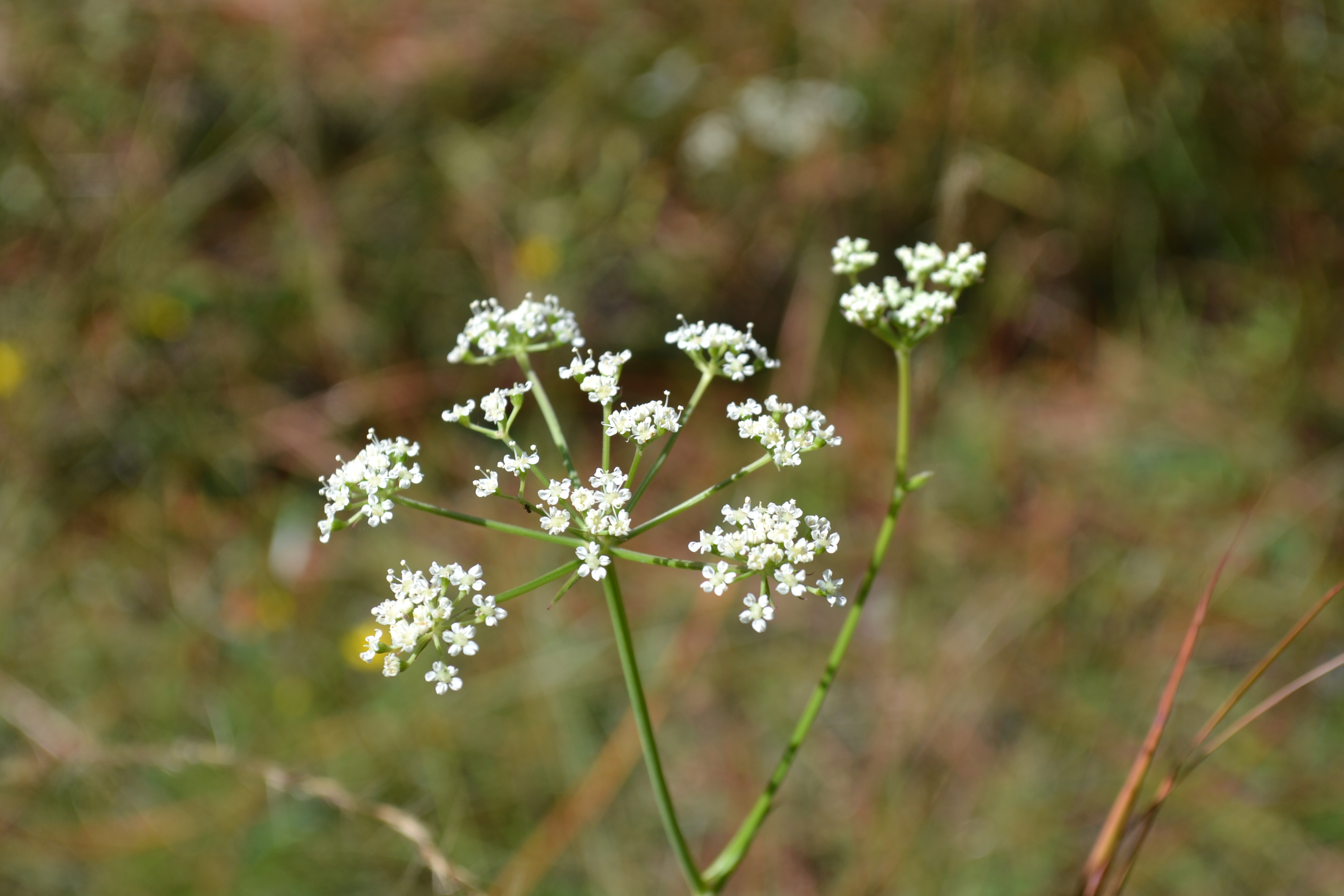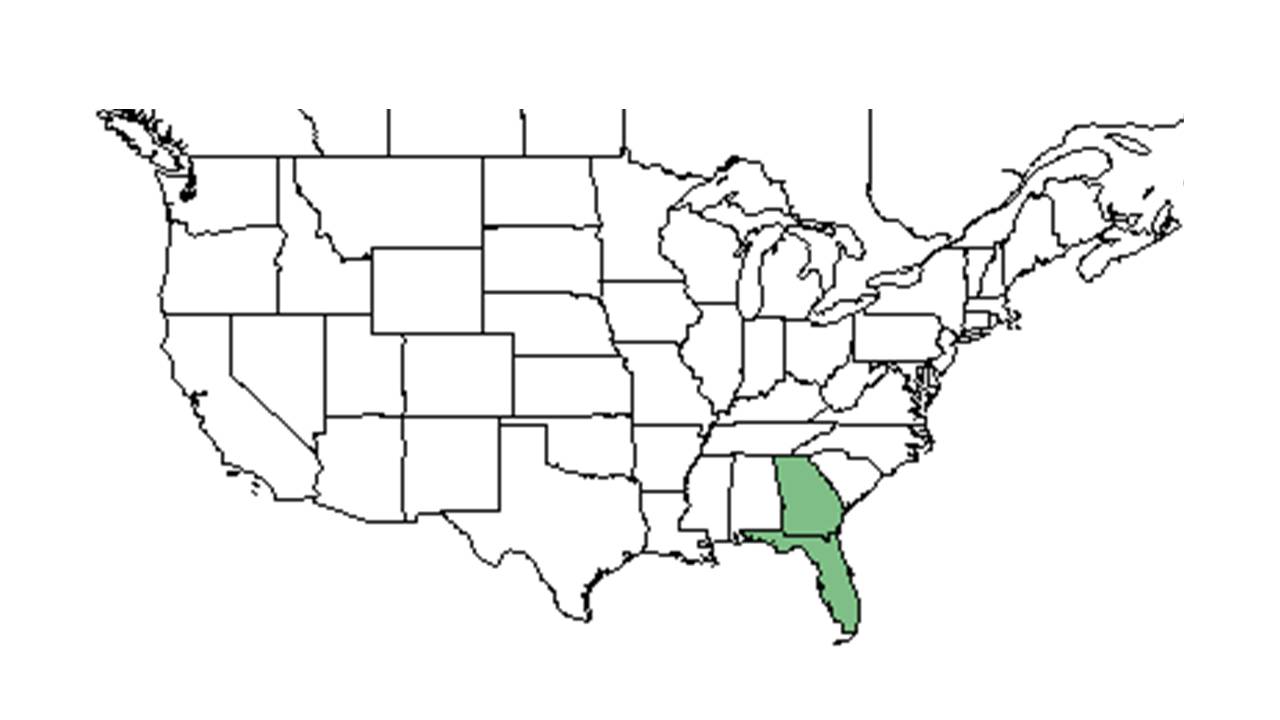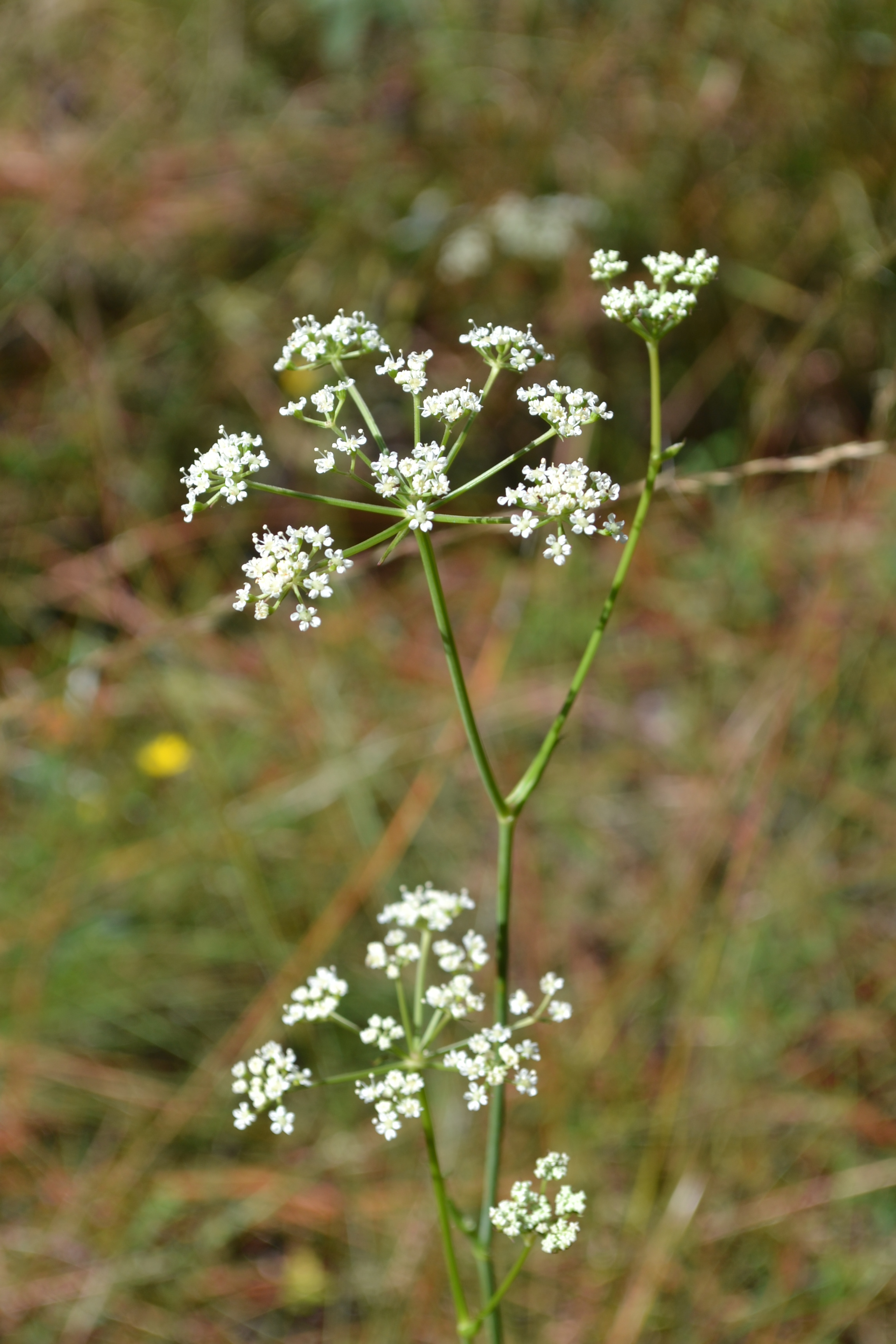Difference between revisions of "Angelica dentata"
(→References and notes) |
(→References and notes) |
||
| Line 38: | Line 38: | ||
==References and notes== | ==References and notes== | ||
| − | + | Ostertag, T.E., and K.M. Robertson. 2007. A comparison of native versus old-field vegetation in upland pinelands managed with frequent fire, South Georgia, USA. Pages 109–120 in R.E. Masters and K.E.M. Galley (eds.). Proceedings of the 23rd Tall Timbers Fire Ecology Conference: Fire in Grassland and Shrubland Ecosystems. | |
Revision as of 19:15, 30 June 2015
| Angelica dentata | |
|---|---|

| |
| Photo taken by Kevin Robertson | |
| Scientific classification | |
| Kingdom: | Plantae |
| Division: | Magnoliophyta - Flowering plants |
| Class: | Magnoliopsida – Dicotyledons |
| Order: | Apiales |
| Family: | Apiaceae ⁄ Umbelliferae |
| Genus: | Angelica |
| Species: | A. dentata |
| Binomial name | |
| Angelica dentata (Chapm.) J.M. Coult. & Rose | |

| |
| Natural range of Angelica dentata from USDA NRCS Plants Database. | |
Contents
Description
Distribution
Ecology
Habitat
Angelica dentata is restricted to native groundcover with a statistical affinity in upland pinelands of South Georgia (Ostertag and Robertson 2007).
Phenology
Seed dispersal
Seed bank and germination
Fire ecology
Pollination
Use by animals
Diseases and parasites
Conservation and Management
Cultivation and restoration
Photo Gallery
References and notes
Ostertag, T.E., and K.M. Robertson. 2007. A comparison of native versus old-field vegetation in upland pinelands managed with frequent fire, South Georgia, USA. Pages 109–120 in R.E. Masters and K.E.M. Galley (eds.). Proceedings of the 23rd Tall Timbers Fire Ecology Conference: Fire in Grassland and Shrubland Ecosystems.
